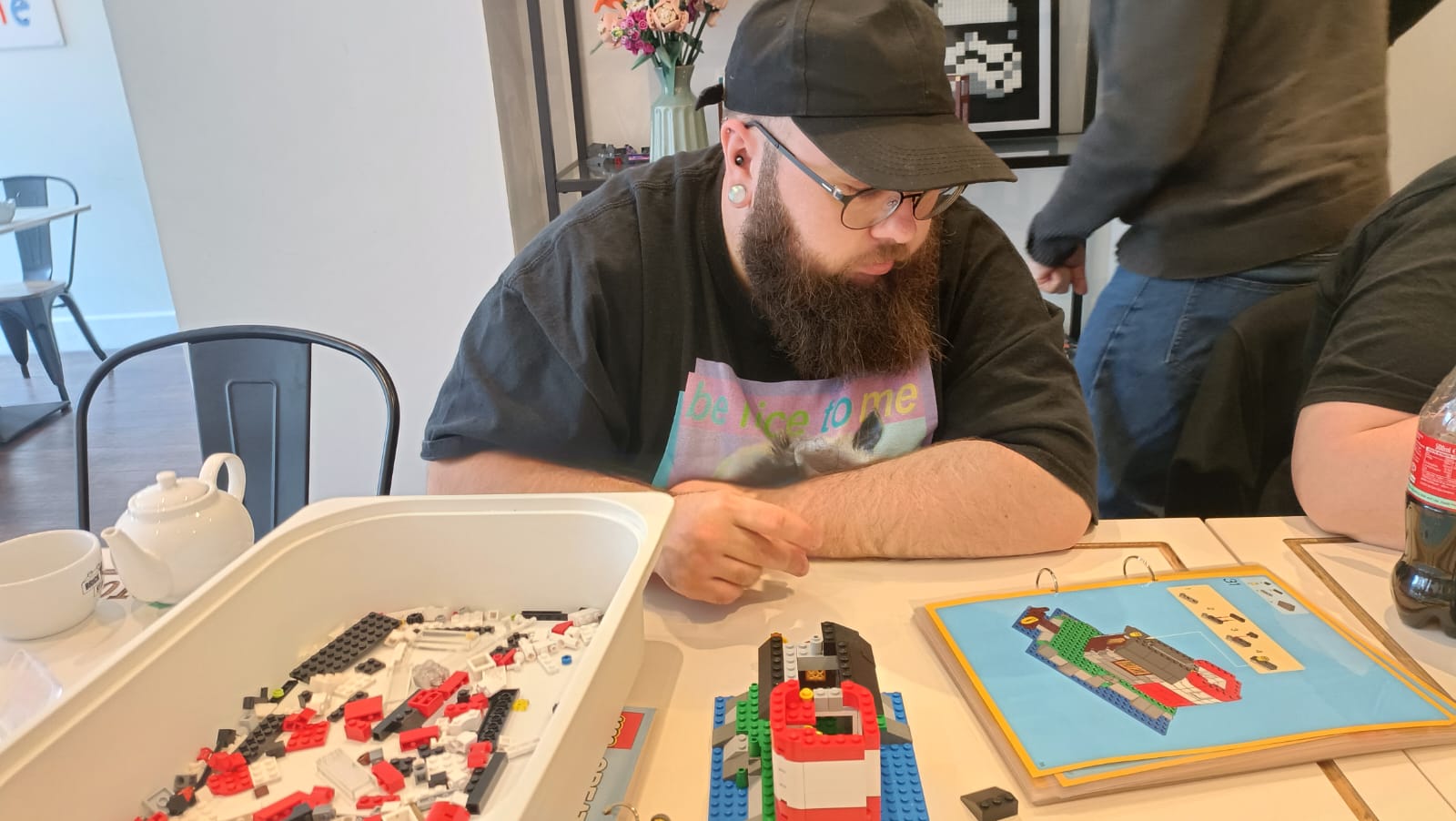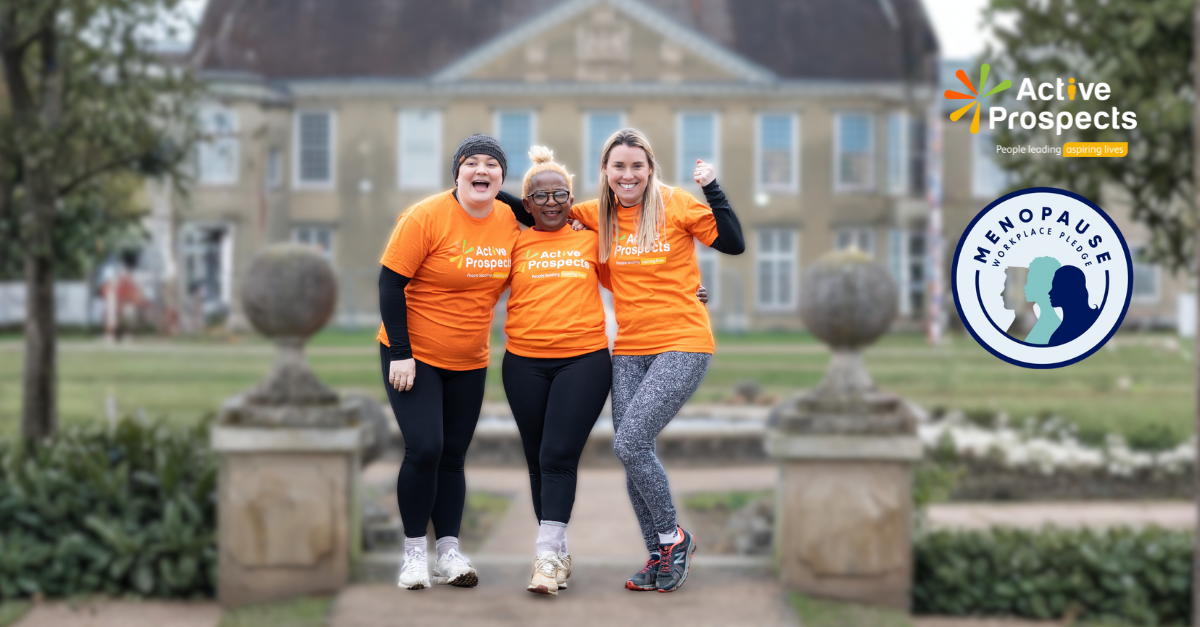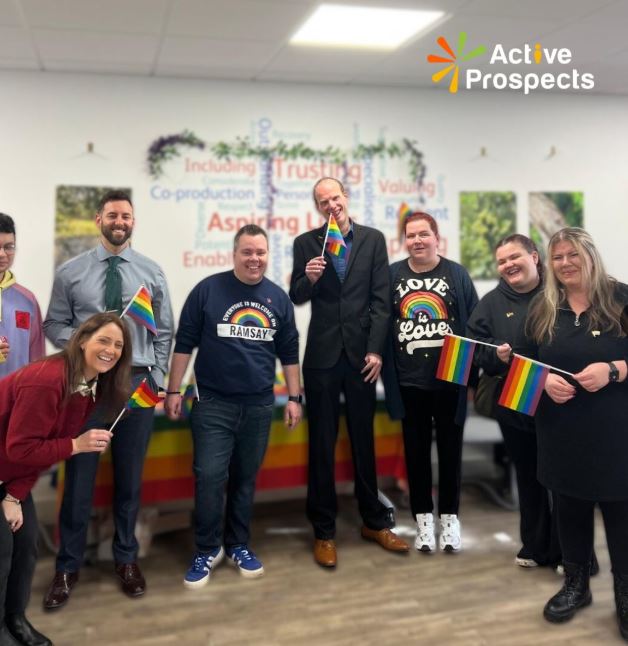When, where and why did Pride start?
Pride Month commemorates the June 1969 Stonewall Riots. The Stonewall Riots began on the 28th of June 1969 when the LGBTQ+ customers of New York City’s Stonewall Inn resisted police raids on their bar. In the raid that led to the Stonewall Riots, two police officers entered the Stonewall Inn and demanded to ‘check the sex’ of some of the bar’s customers by physical examination.
The first Pride event was organised by Brenda Howard, a bisexual activist, in New York City on the 28th of June 1970. The first march was called the Christopher Street Liberation Day March (which is the name of the road the Stonewall Inn is on) and the event had both an element of celebration and protest. Howard organised another event the next year in 1971, and soon Pride parades were established all over the world.

Pride and Pronouns
June is Pride month, where you turn around and find rainbows everywhere. Lots of companies, like us are showing their support for all things LGBTQIA+. This is progress: where companies are taking the opportunity to show they are an Ally and are aware they need to support those in the community. At the end of the month when those rainbows go away, it doesn’t mean that the support and work on equity has stopped for another year; it just means that those behind the scenes are working a little harder to make the world a more accepting place.
Part of making the world more accepting is to correctly use a person’s pronoun. We all live and work in a world of people who have many sexual orientations. The majority of people you may meet will probably identity as heterosexual and their gender as he/she (Cisgender or cis), but over time those who identify under the LGBTQIA+ umbrella will be more vocal about who they are and also introduce us all to new pronouns and language. A lot of our language is often embedded with hidden gendered cues. When we acknowledge this, we can start to move towards using a language that is inclusive for all.
What are the pronouns that are in use?
Until recently the only pronouns most people had heard of was he/him/his and she/her/hers. As the non-binary community has become more visible, more people are aware of non-gendered pronouns such as they/them/theirs; ze/zir/zem and ze/hir/hirs. There are more out there and over time we will meet these people and be aware of their pronouns and how to use them. It does seem like a minefield, but as awareness is raised and the world evolves, it will become a normal part of our society and language.
Here are some tips to accepting pronouns that you can start using right away!
- Put your pronouns in your email signature or on your social media profile.
- Introduce yourself with your name and pronoun. Stating your pronouns reminds people that it might not always be immediately obvious what pronouns someone uses.
- Instead of addressing groups of people with binary language such as ‘ladies and gentlemen’, try more inclusive alternatives such as ‘folks’, ‘pals’ or ‘everyone’.
- Using the pronoun ‘they’ is very useful when someone’s gender or identity is unknown. You will often already be using it without realising, i.e. ‘somebody left their hat, I wonder if they will come back for it’.
- Use words that define the relationship instead of the relationship and gender (mother, father) For example, use ‘parents’, ‘partner’, ’children’ or ‘siblings’.
It may take a bit of getting used to, but it causes you no harm and will make that person feel acknowledged and valid.


